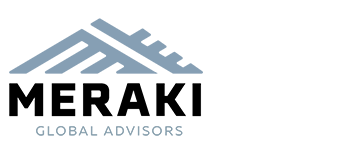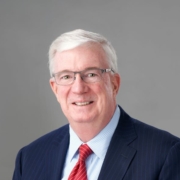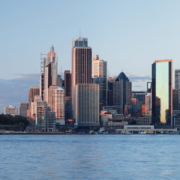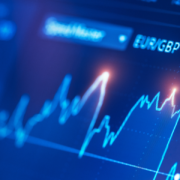Korean Short Sale Ban
The South Korean Financial Services Commission (FSC) announced Sunday, November 5, that they will impose a temporary short-sell ban on both KOSPI 200 and KOSDAQ 150 stocks effective November 6th until end of June 2024.
The FSC enacted the short-selling ban in order to review the current short-selling system. According to the FSC, institutions are engaged in naked short-selling, which is disallowed due to current Korean regulation. Regulators believe it leads to an unfair environment for market participants.
The ban’s objective is to give the regulator an opportunity to implement a real-time position check system that can monitor naked short-selling. Short sell bans are not new in South Korea: this is the fourth ban since 2008-2009, with the most recent one occurring in 2020-2021. The first comments regarding a possible ban came on the October 27th by ruling party member Mr. Yoon Chang-Hyun who said, “the time has come to stop short-selling altogether for three to six months and devise fundamental measures.” Following that, FSC head Mr . Kim Joo-Hyun said they will review current short-sell regulations from “square one,” according to Business Korea and other local news sources. The full-scale ban, though, seems to have caught most investors off guard.
Government Communication
The market initially interpreted the above comments to mean a ban was likely imminent, eventually leading the FSC to make a public statement refuting a potential short-sell ban, highlighting on their official FSC website on October 30th, “the push to ban short-selling is not true, so please be cautious in your reporting.” Then on November 3rd the FSC made a second statement specifically denying regulators would enact a short-sell ban.
On Sunday November 5th the South Korea government abruptly changed their view and decided to enforce the ban. This raised questions over the government’s political motives with elections expected in April.
The previous bans have all led to positive market performance: during the 2008 short-selling ban (Oct 2008-May 2009), the Kospi and Kosdaq were up 49% and 91% from their respective bottoms until the ban was lifted. In 2020 (Mar. 2020- Apr. 2021), the Kospi and Kosdaq were up 112% and 122% during the ban. Furthermore, the 2011 short-selling ban was only three months starting from August 10, 2011, but the Kospi and Kosdaq were up 6% and 18% during that period.
In addition, Korean regulators announced November 16 their intention to further restrict short selling rules for institutions, while bringing retail restrictions inline with institutions. The FSC will lower retail collateral requirements from 120% to 105%, while also capping the maximum borrow time on a stock to 90 days for short selling purposes for institutions. These proposals will need to be ratified via the legislative process before being implemented, according to the FSC.
The overall short-selling changes may jeopardize South Korea’s ongoing goal, as ambitious at it may seem, to gain MSCI admission into developed market status.
How can Meraki Help?
Asian Coverage from Hong Kong for Global Managers is One of Our Major Specialities
Korea made this announcement early Sunday in the US and Europe, surprising global investors with the announcement and the timing. Given the Sunday announcement, local time, the timing further complicated the ability to trade objectively and effectively on the Monday morning when Korea opened without a live Asian trading desk.
Risk-driven events like this are inherently difficult to manage and this particular event generated 2-sigma intraday volatility within the markets, while the EV Battery makers collectively moved +23% on the day and single stocks like Ecopro (247540 KS) and Posco FM (003670 KS) reached limit up +30% before the close.
About Meraki Hong Kong
Our local Hong Kong office employs a full trading team available and experienced in all APAC markets. Our traders have worked locally in both Hong Kong and India and collectively have decades of experience in the region and understand the nuances of the Asian markets. Cognizant of information leakage and protecting client orders, our 3:1 client to trader ratio, as well as Meraki’s neutral, unbiased trading structure, allows Meraki to be completely aligned with its clients’ trading objectives. Please call us to provide more market colour and strategic insights.
We remain, sincerely yours, the trading team, Meraki Hong Kong.
